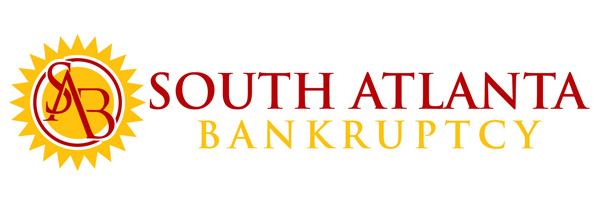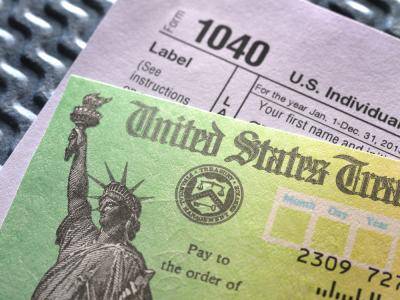A tax refund is money that the government owes you because you paid in more (usually withheld from your pay) than what you owe in taxes. Since someone else owes you money, a tax refund is an “asset” like your bank account or your car, and it must be disclosed in the bankruptcy petition.
In a Chapter 7, if you have not yet received your refund, you should disclose it, and then your lawyer will claim an “exemption” in it so that you keep it. You can exempt up to $5,600.00 per debtor, but this same “exemption” must be used to protect bank accounts and other miscellaneous property.
If you have already received the tax refund before you file bankruptcy, then it is not an asset at the time you file, and you would not need to disclose it or to use your available exemptions to protect it as a tax refund. However, if the money was simply deposited in your bank account, you would then exempt that money as a bank account, but not as a tax refund. The same $5,600.00 limit would apply.
To the extent that you are owed tax refunds that are greater than what you are allowed to exempt, the Chapter 7 Trustee has a duty to collect those refunds and pay the money to creditors whose debts are otherwise bing discharged. You should always ask the lawyer if you think you might lose something you do not want to lose. This is the best way to avoid surprises and to maximize what you are allowed to keep.
Please call us at 678-519-4143 today to discuss your specific situation.

